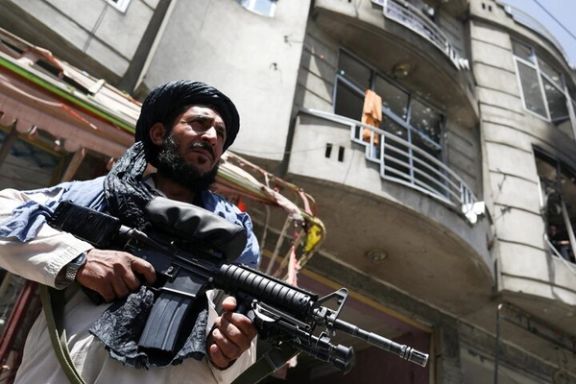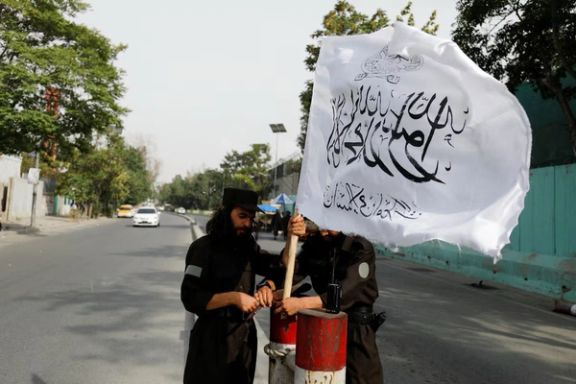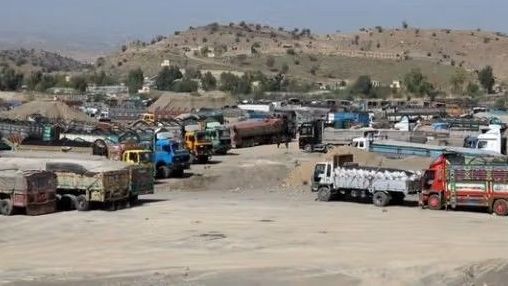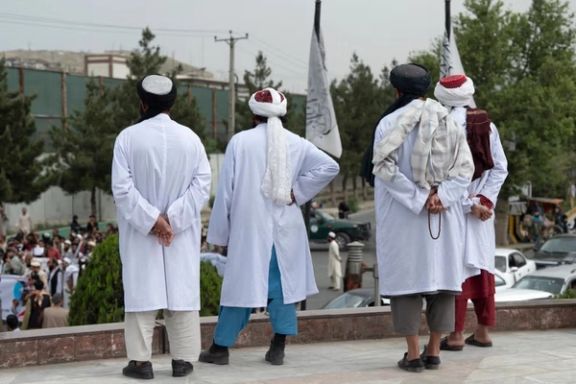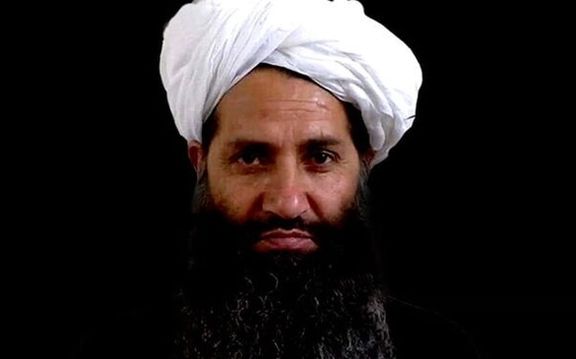The hearings will be held in Madrid from 8 to 10 October in collaboration with the Permanent Peoples’ Tribunal, and will include participation from international judges, prosecutors and subject-matter experts. Organisers say the tribunal seeks to hold the Taliban morally and politically accountable, even though it lacks legal enforcement powers.
In a joint statement, the organisers said, that by holding the People’s Tribunal for Afghan Women, Afghan civil society and women’s rights groups are opening another avenue for justice and accountability for Taliban crimes.
The tribunal aims to document widespread human rights violations and provide evidence that may support future international legal action. Although it cannot issue arrest warrants, its findings will be submitted to international courts such as the International Criminal Court (ICC), which has already initiated preliminary investigations into Taliban crimes, including gender-based persecution.
Civil society organisations behind the initiative stressed that while arrest warrants for Taliban leaders are significant, they are not sufficient on their own. The tribunal, they said, underscores the urgent need for a comprehensive, victim-centred approach to transitional justice in Afghanistan.
Concerns Over International Normalisation of Taliban Rule
The announcement comes amid growing concern about the international community’s shifting posture toward the Taliban. Russia recently became the first permanent member of the United Nations Security Council to recognise the Taliban government. China and several regional powers have also deepened engagement with the group. While many European countries continue to condemn human rights violations in Afghanistan, some have maintained “technical contact” with the Taliban, particularly in the context of deporting Afghan asylum seekers.
The organisers of the tribunal warned that such engagement risks legitimising the Taliban despite their continued oppression of women.
Shaharzad Akbar, head of the Rawadari organisation and one of the tribunal’s organisers, told Afghanistan International that the initiative aims to counter the growing trend of political normalisation. “This tribunal is an Afghan-led effort to begin an independent justice process, rather than waiting for international institutions to act,” she said.
Akbar noted that as the fourth anniversary of the Taliban’s return to power approaches, Afghanistan has fallen off the global agenda, raising fears that the ongoing crisis, particularly for women, could be ignored.
She added that the tribunal will serve as a platform for Afghan women to directly participate in justice processes, share their personal testimonies, and amplify the voices of victims of war and gender-based violence.
Formal Accusations and Global Participation
Four Afghan prosecutors with experience in international justice and gender-based violence have been appointed to draft formal indictments. A joint team of Afghan and international experts is collecting documentation and evidence against the Taliban.
The hearings will be public and livestreamed, with an international judicial panel presiding. A final verdict is expected to be issued in December.
The Permanent Peoples’ Tribunal, a co-organiser of the event, is a Rome-based independent body that has previously convened hearings around the world on major human rights violations, including crimes against humanity, war crimes and genocide.
Other civil society organisations involved in organising the tribunal include Rawadari, the Afghanistan Human Rights and Democracy Organisation, and the Human Rights Defenders Forum.
